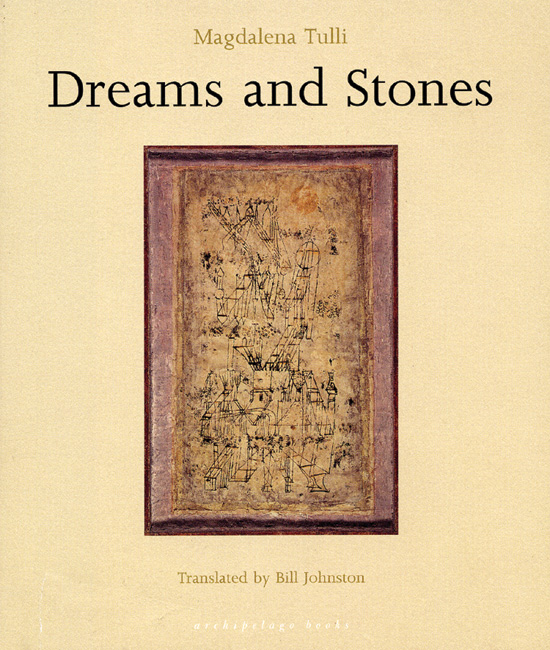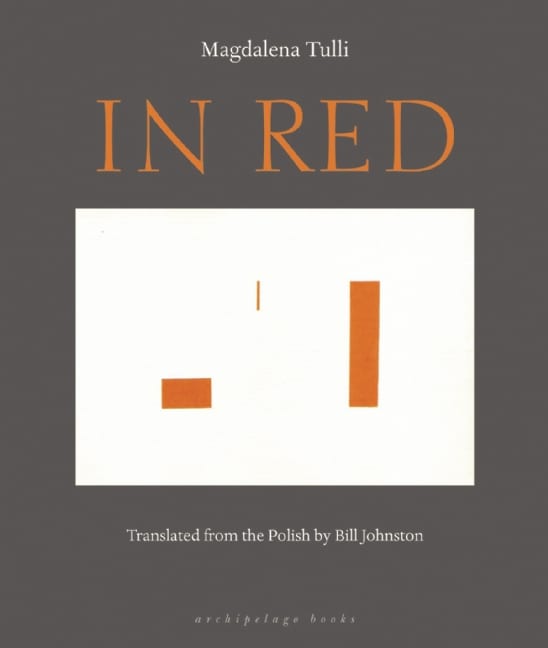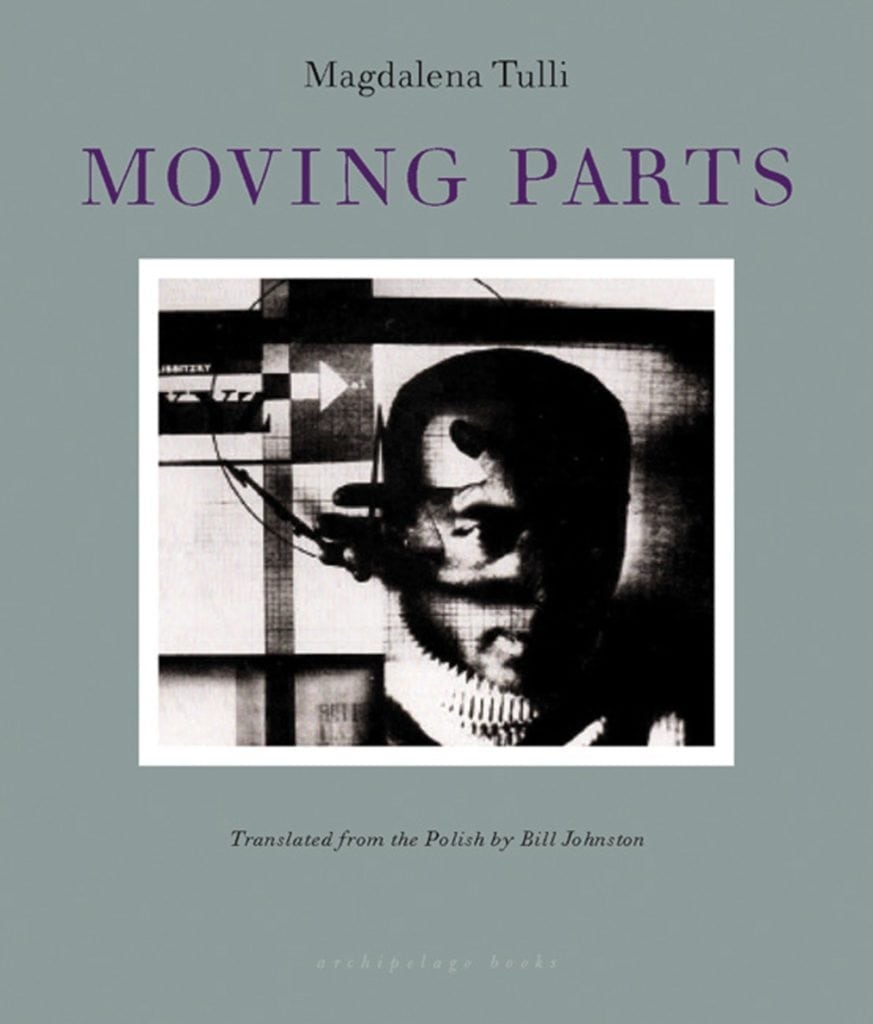Praise
Dreams and Stones is a startling, beautiful, powerful achievement. It calls the conventional genres of literature into question as its central image and metaphor, 'the tree of the world,' grows, spreads and deepens. It does away with the persistent superstition of humanity's distinction from 'nature.' The originality of the writing is not lessened by representing a family tree that includes Michaux, Kafka, Calvino, and Saramago. It is a work to welcome and return to, and the translation is vibrant and graceful.
Powerful imagery caught in a sinewy, architectural, elegiac prose. An inner-outer dance of cityscape with the taut emotion, terror & psyche of the 'human'. Where are we? What magical zone of dream and stone? We are inhabitants of the wild, brilliant imagination of Magdalena Tulli. This book is a great pleasure to read: deeply provocative, intuitive, haunting. 'I hunt among stones' was Charles Olson's probing line, a mission manifested here with full beauty & finesse. And rendered from Polish to English in an inspired translation by Bill Johnston.
A beautifully flowing translation. Johnston aptly captures the dreamy as well as the stark quality of the original.
Dreams and Stones, by the Polish writer Magdalena Tulli, is a postmodernist masterpiece of lyrical prose that defies generic definition and is rife with paradox and metaphor
Dreams and Stones especially, out of the four novels, is so amply rewarding sentence after sentence.... Opening [it] almost at random produces tiny masterpieces of paragraphs.
It's no coincidence that the majority of blurbs for this book are written by poets. Each sentence in this magnificent book is a mini-poem, a little terrarium that encapsulates a particular philosophical moment in the growth of a city. The book opens with the grand metaphor of the world as a tree, and as this concept unfurls, the architecture of the city becomes permanently intertwined with the raw materials of nature and the terrifying depths of human psychology. It's a strange, wonderful ride!
Extras
What Bill Johnston had to say about the development of Magdelena Tulli’s writing:
In Dreams and Stones there are practically no people, or more precisely, no characters. It’s a novel about objects and about ways of seeing and explaining. The only actual character is the narrator, whose rather pedantic voice is our only clue to his existence. (Tulli and I disagree over what kind of book Dreams and Stones actually is—Tulli claims it’s a novel, whereas for me it’s a prose poem.) In her subsequent books Tulli gradually introduces narrative, though she does so in a very tentative and self-aware way (this is why she’s sometimes accused, wrongly, of writing “meta-fiction”). In In Red she retells the story three times; the plot of Moving Parts(Tryby) also unexpectedly changes course at several moments. It’s only in Flaw that she settles into a single narrative arc that carries through the entire book.
Read the interview with Magdalena Tulli in The White Review, here.
Read the Q & A with Magdalena Tulli from Bloom, here.
Read the essay on Tulli’s Dreams and Stones from Bloom, here.




